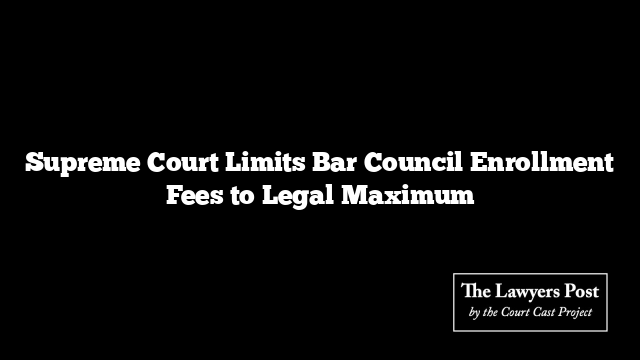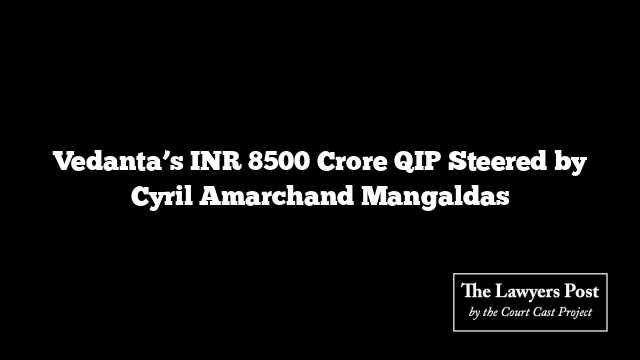In a landmark ruling, the Supreme Court has curtailed the power of Bar Councils across India, mandating that they cannot charge more than the statutory amount specified under Section 24 of the Advocates Act for enrollment fees. The decision, stemming from a writ petition against the Union Government and the Bar Councils, highlighted discrepancies in the fees being charged to aspiring advocates.
The three-judge bench, led by Chief Justice Dr. DY Chandrachud and including Justices J.B Pardiwala and Manoj Misra, affirmed that the enrollment fee for general category advocates is capped at Rs. 750, while for those from Scheduled Castes and Scheduled Tribes, the maximum is Rs. 125. This clarification aligns with Section 24(1)(f) of the Advocates Act, 1961, which prescribes Rs. 600 for State Bar Council fees and Rs. 150 for Bar Council of India fees for general category advocates, and significantly lower amounts for SC/ST applicants.
The petitioners had argued that several State Bar Councils were imposing excessive fees under various guises such as “miscellaneous fee” or “stamp duty,” contrary to the Act’s provisions. The Supreme Court’s decision explicitly prohibits such practices, asserting that no additional charges under the guise of enrollment fees can be levied beyond the stipulated amounts.
The judgment, however, was given a prospective effect, meaning that while the Bar Councils must adhere to the new fee structure going forward, they are not obligated to refund the excess fees collected previously. The Court also noted that while Bar Councils are free to levy other charges for services rendered, these cannot be categorized as enrollment fees.





